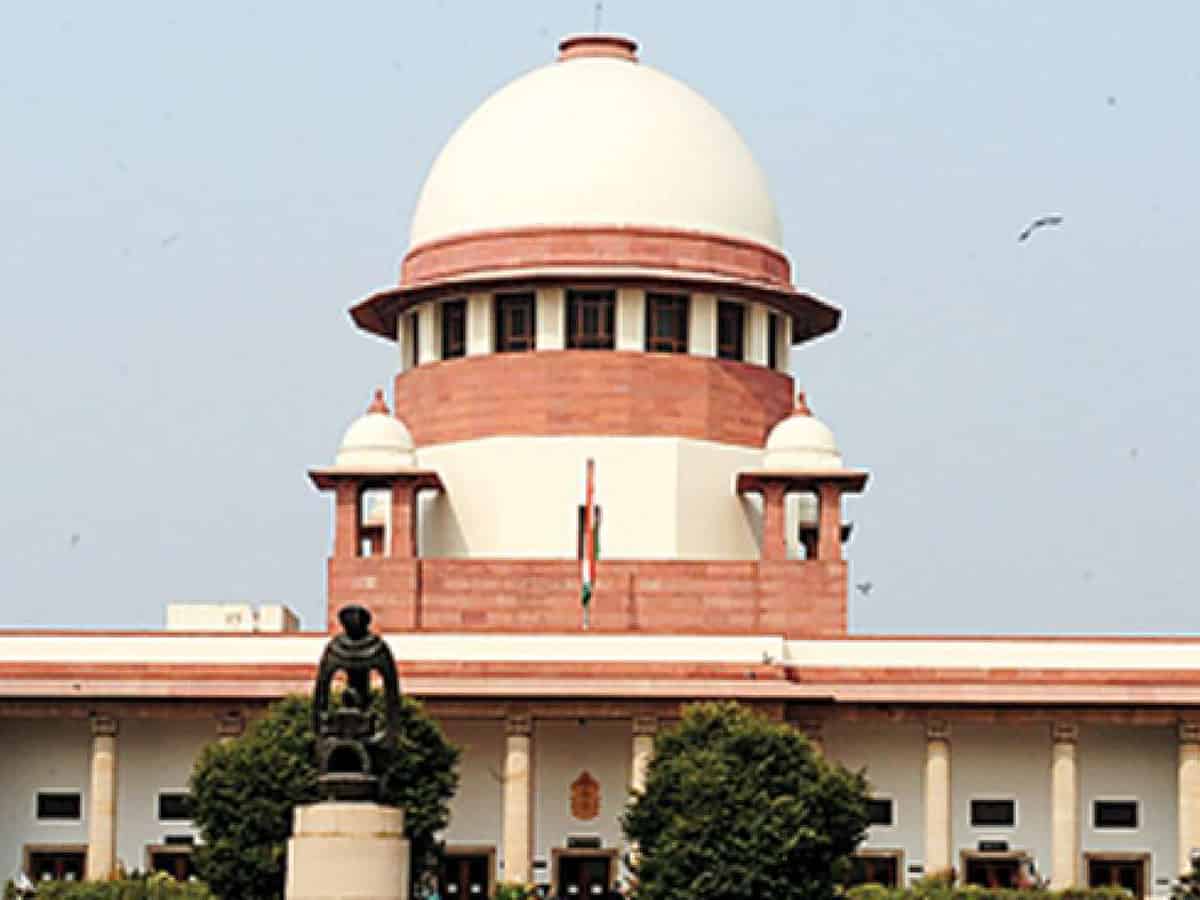New Delhi: The Supreme Court on Wednesday sought a response from the central government on a plea seeking uniform ground for divorce, maintenance and alimony for all citizens, irrespective of the religion they followed.
A bench of Chief Justice of India SA Bobde issued notices to union ministries of Home Affairs, Law and Justice and the Women and Child Development on two PILs filed by advocate Ashwini Upadhyay.
“We are issuing notice with great caution,” the bench said.
One petition sought uniform “gender and religion-neutral” grounds for all citizens in awarding maintenance and alimony in matrimonial disputes. It sought the removal of anomalies in the ground of succession and inheritance and make them gender-neutral, religion-neutral, and uniform for all citizens.
Another plea sought “uniform grounds of divorce” for all citizens of the country, keeping with the spirit of the constitution and international conventions.
At the outset, the Chief Justice asked, “How can we remove discriminatory practices without interfering in personal laws? Are you asking us to abolish personal laws?”
Senior advocate Pinky Anand appearing for Upadhyay in one of the pleas, said that Court had done this in the triple talaq case. “Under Article 142, you had said directions given will exist till the law was brought in. You have intervened in the past,” she said.
During the hearing, when the Chief Justice bench said the prayer regarding asking the Law Commission to examine it can be considered, senior advocate Meenakshi Arora for the petitioner said, “For two years we have no one heading the Law Commission. We want a similar relief. If we look at certain provisions of Muslim law, then maintenance can go on only for the period of Biddat. Women are left with nothing.”
“Religion may treat women differently but the constitution will not do so when maintenance etc has to be considered. In at least three judgments, the court has suggested Uniform Civil Code (UCC) but the government did not work on it,” Arora argued.
To this, CJI asked, “Does Article 14 prove to be an injunction against the state? Now catholic church does not want to extend the grounds of divorce. On the basis of Articles 14 and 15, Court said there should be more grounds for divorce. It was a popular judgment.”
The bench added, “We can grant you a hearing. But the problem is why should the Hindu and Muslim communities be brought on par like this. How will you decide whether to adopt what is in Hinduism, Islam or Christianity?”
Arora said if religious rights infringe upon fundamental rights then such rights cannot be considered.
The petition stated that even after 73 years of Independence and 70 years of India becoming a socialist secular democratic republic, laws relating to maintenance and alimony are not only complex and cumbersome but also against the constitutional mandate of being equal, rational and just.
Discriminatory maintenance and alimony reinforce patriarchal and stereotypical notions about women and thus any provision that perpetrates or reinforces discriminatory stereotypes against women is manifestly arbitrary, said the plea, while seeking gender and religious neutral uniform ground of maintenance and alimony keeping with the spirit of the constitution and international conventions.

